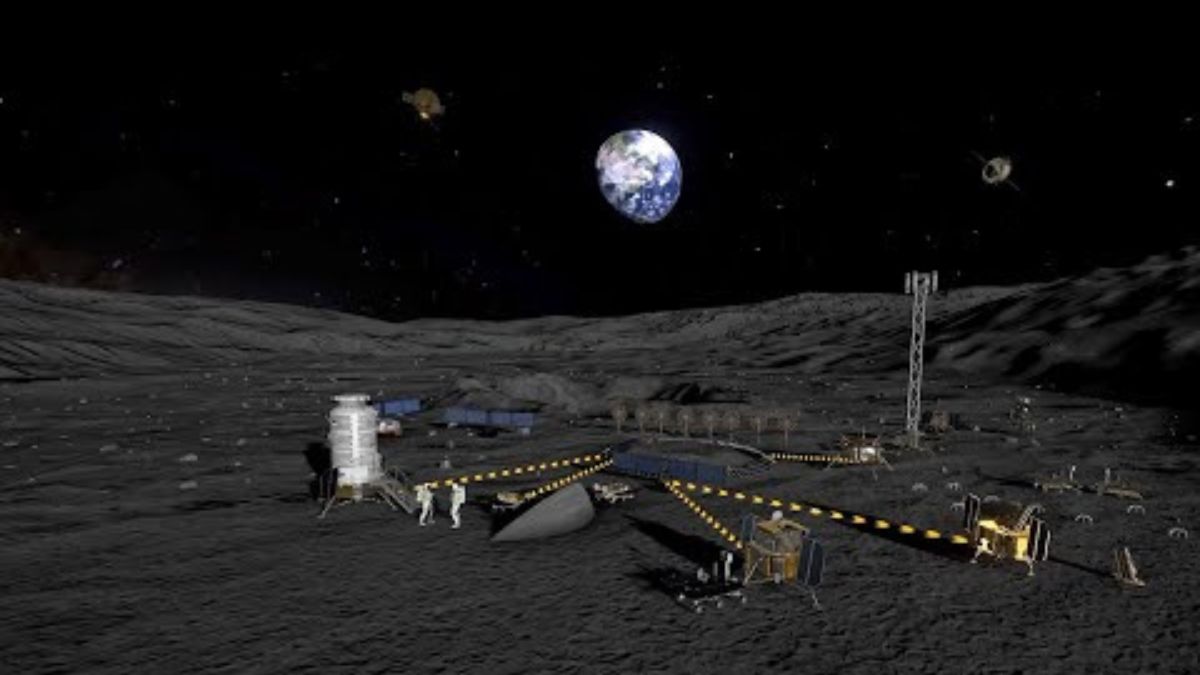Turkey has applied to join the International Lunar Research Station (ILRS), a collaborative effort led by China and Russia, diverging from its traditional alliance with the United States-led Artemis programme, as reported by Moscow on Monday.
This initiative “represents a new chapter in Turkey’s quest for a robust presence in space research and exploration,” the Istanbul-based Türkiye Newspaper said on Monday
Reports suggest that Turkey’s interest in the ILRS aligns with its growing ambitions in space exploration.
Recent milestones, including astronaut Alper Gezeravci’s journey to the International Space Station (ISS), reflect Turkey’s burgeoning presence in the space arena.
The move by Turkey, which is a NATO member, is not only a strategic step towards advancing its space capabilities but also as a geopolitical maneuver. With strained relations with the West, Turkey aims to strengthen ties with China and Russia.
Turkey’s space programme encompasses the development of advanced satellites, space launch capabilities, and lunar exploration missions. Plans to conduct a lunar landing by 2026 and orbit the moon by the end of the decade underline Turkey’s ambition for space exploration.
China & Russia-led ILRS vs US-led Artemis
Turkey’s decision to join the ILRS instead of the Artemis programme may strain its relationship with Western allies further. The two projects are seen as rivals.
If Turkey’s application is accepted, it would become the 10th member of the ILRS, joining countries like Venezuela, Pakistan, Azerbaijan, Belarus, South Africa, Egypt and Thailand.
Impact Shorts
More ShortsSeveral US-based and European organisations have also cooperated with China and Russia on the program, including the Hawaii-based International Lunar Observatory Association, Swiss company Nano-SPACE for Cooperation, and France’s Thales Group, reported Beijing-based Global Times.
Russia has reportedly invited other BRICS member countries to discuss cooperation on the Moon research, Lev Zeleny, scientific director of the Space Research Institute of the Russian Academy of Sciences (RAS IKI), said on Monday, according to TV BRICS, a Moscow-based media outlet.
“We are thinking of organising a big cooperation on lunar exploration within the BRICS. So far these are only plans. Perhaps we will discuss them in the near future at a meeting of BRICS countries,” Zeleny said at a press conference ahead of Russia’s Cosmonautics Day, which falls on April 12.
On the other hand, 36 countries have signed on to the US-led Artemis Accords. According to NASA, the Artemis Accords aim to promote peaceful space exploration while the ILRS focuses on collaborative lunar research.


)

)
)
)
)
)
)
)
)



